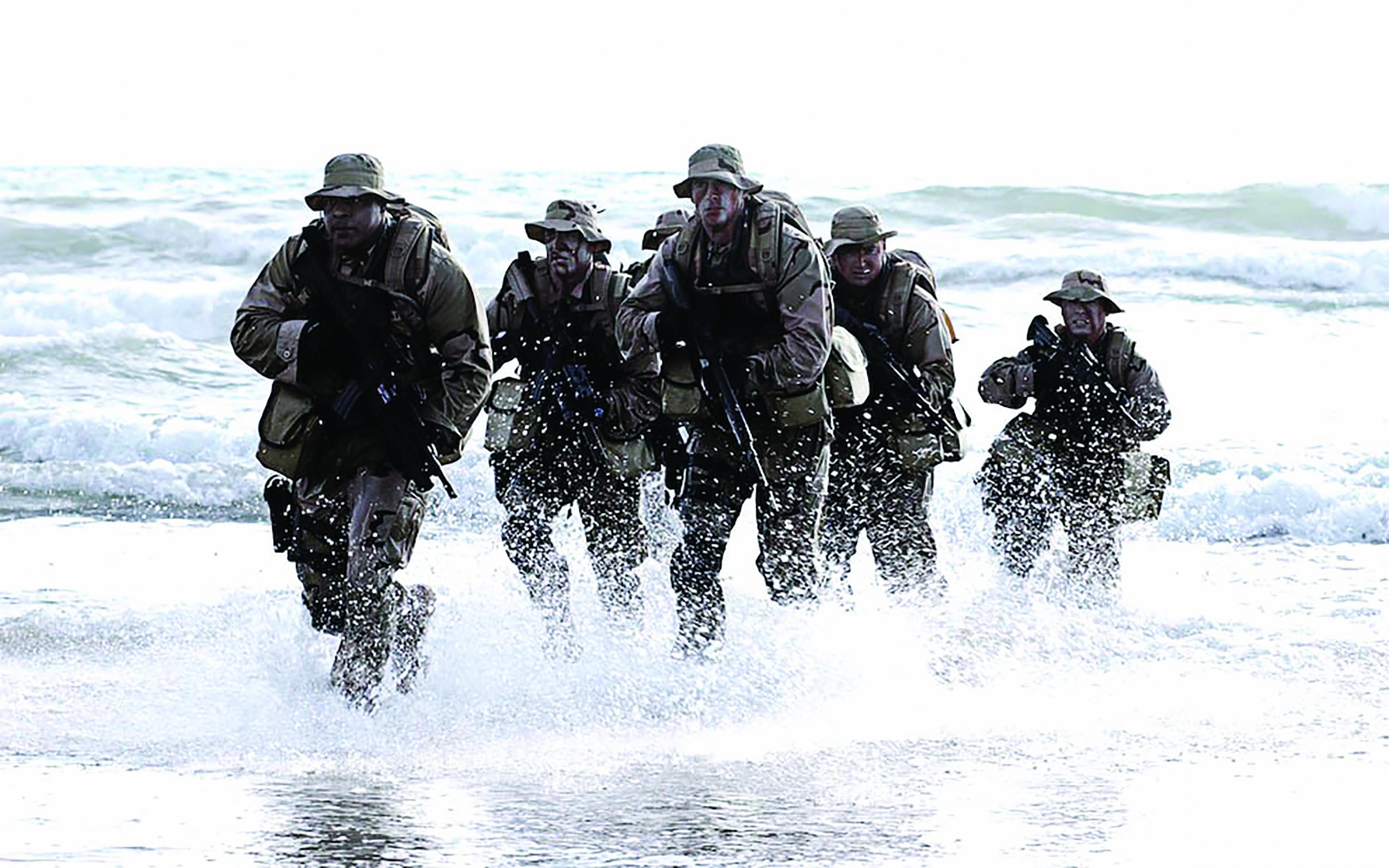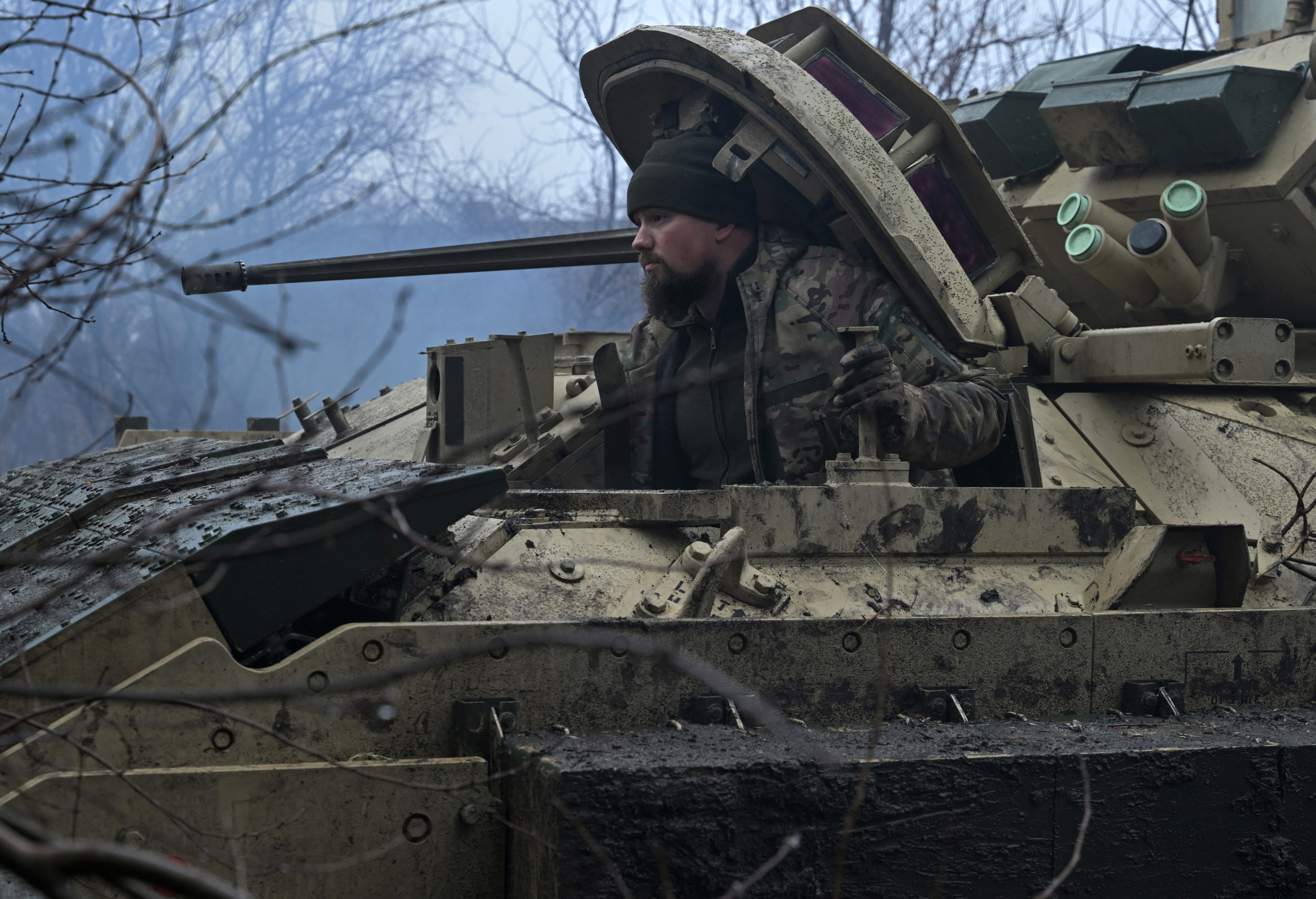
A utility clandestine force, Navy SEALs are prepared for any possible terrain, and their missions vary from extractions of POWs to reconnaissance to counterterrorism. This article, and others that present an intimate portrait of America's most elite fighting forces, is included in a Newsweek Special Edition, Special Ops.
The Navy SEALs, established by President John F. Kennedy in 1962, have been dedicated to conducting unconventional warfare ever since. Their name—cobbled from the first letters of each environment they work in, SEa, Air and Land—reflects their incredible effectiveness in every context.
SEALs share the heritage and traditions of six World War II clandestine groups whose bold tactics established the mind-set of the SEALs: Army Scouts, Navy Raiders, Naval Combat Demolition Units (NCDUs), OSS Operational Swimmers, Navy Underwater Demolition Teams (UDTs) and Motor Torpedo Boat Squadrons. Each of these groups provided an innovation in warfare—from the flexible diving fins of OSS swimmers to the beach recon tactics of the Scouts and Raiders—that is integral to modern SEAL teams.
When conflict in Vietnam became inevitable, President Kennedy took some of the most decorated and best qualified UDT members and formed SEAL teams 1 and 2. Their mission was to establish the Navy's capabilities for covert and unorthodox ops, becoming the maritime equivalent of the Army's Special Forces.
In March 1962, the SEAL teams were deployed to South Vietnam to put anticommunist commandos through the same training they had just undergone themselves. The last SEAL left Vietnam in March 1973, marking a full 11 years of involvement in the conflict.
Approximately 2,500 modern Navy SEALs can work in 32-man task units, 16-man platoons, eight-man squads, four-man teams or as two-man pairs. A utility clandestine force, their training prepares them for any possible terrain, from desert to urban to forest to arctic, and their missions vary from extractions of POWs to reconnaissance to counterterrorism. Early on the morning of May 2, 2011, the elite team of SEALs known as SEAL Team 6 engaged in Operation Neptune Spear, a CIA-led mission to raid Osama bin Laden's compound. SEAL Team 6 and all their SEAL brethren have since become synonymous with bravery under pressure and taking America's enemies to task.
This article is appears in Newsweek's Special Reissue, Special Ops, by Issue Editor Johnna Rizzo.

Uncommon Knowledge
Newsweek is committed to challenging conventional wisdom and finding connections in the search for common ground.
Newsweek is committed to challenging conventional wisdom and finding connections in the search for common ground.
About the writer
To read how Newsweek uses AI as a newsroom tool, Click here.








